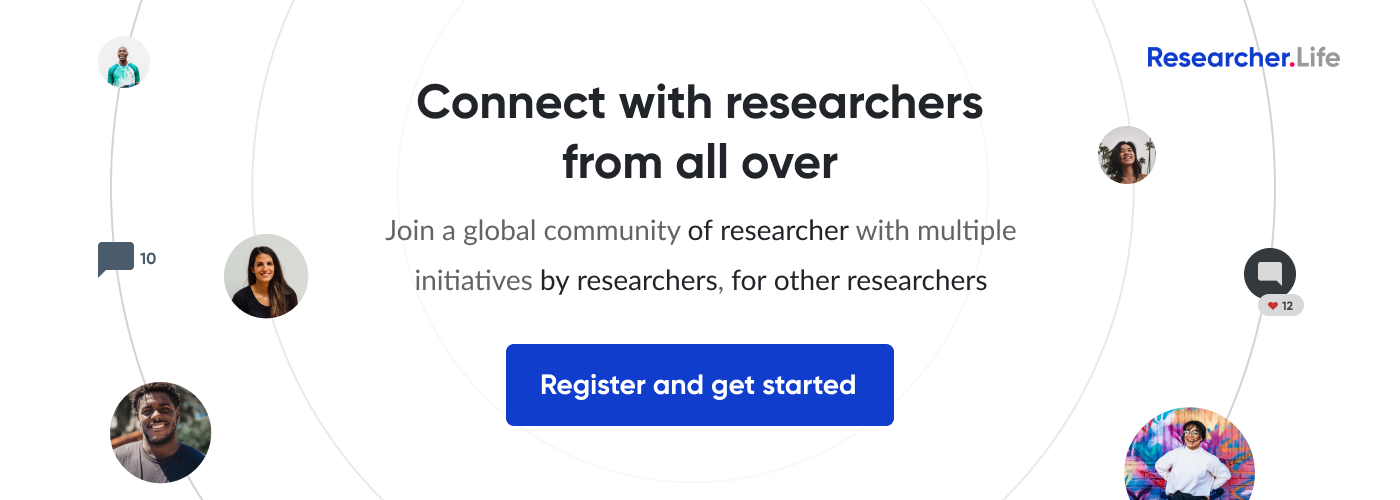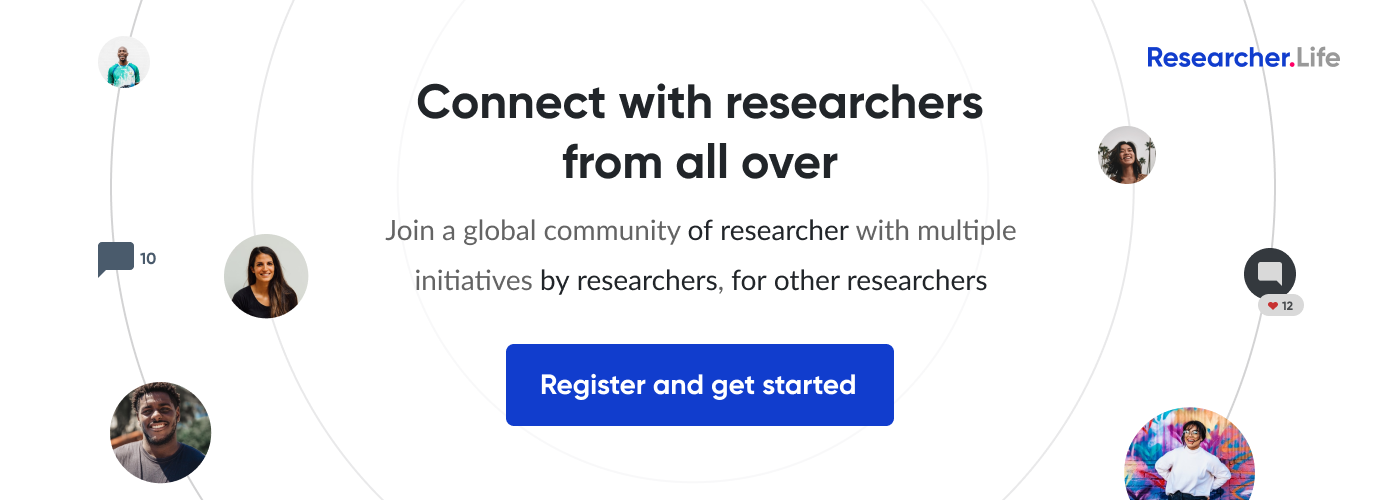The challenges of being a non-native English speaker in academia

English, as the lingua franca of academia, is the primary language for conducting research, publishing papers, and holding conferences. This dominance presents unique challenges for non-native English speakers who are part of the global academic community. Researchers from diverse linguistic backgrounds contribute significantly to the wealth of knowledge in various fields, yet they often face hurdles in publishing and communicating their research due to language barriers. These challenges have been explored in various studies, including the paper "The manifold costs of being a non-native English speaker in science[1]" published in PLOS Biology. This paper, among others, underscores the need for academia to address these challenges and foster a more inclusive environment for non-native English speakers.
The paper by Tatsuya Amano et al. (2023) surveyed approximately 900 scientists – mostly Early Career Researchers from Environmental Sciences - from around the world and found that non-native English speakers were more likely to report feeling excluded from the scientific community, less likely to be invited to speak at conferences, and less likely to have their papers published in top journals. The study also found that non-native English speakers were more likely to experience discrimination in the workplace.
The study reveals significant disadvantages for non-native English speakers in conducting scientific activities. Non-native English speakers, particularly those from moderate and low English proficiency countries, require more time to read and write English-language papers.
- The median amount of extra time that non-native English speakers spend reading English-language papers is 46.6% for researchers from countries with moderate English proficiency, and 90.8% for researchers from countries with low English proficiency.
- The median amount of extra time that non-native English speakers spend writing a paper in English is 50.6% for researchers from countries with moderate English proficiency, and 29.8% for researchers from countries with low English proficiency.
- Non-native English-speaking PhD students spend up to 19.1 additional working days per year understanding English-language papers. They also face higher rejection rates for their papers and often need to invest extra time in preparing for presentations and disseminating their work. These challenges persist throughout their research careers.
But, this is not the first study to focus on the struggles faced by non-native English researchers. James Hartley & Vera Sheridan have a lovely bibliography of just books and papers, on “on the experiences of writing academic English written by authors from different countries”.
The article "Seeking acceptance in an English-only research world[2]" by Diane D. Belcher discusses the challenges faced by non-native English speaking researchers in getting their work published in mainstream English-only journals. The paper notes the increasing concentration of gatekeeping power in the hands of these journals and the need to bring more multilingual voices into the global research conversation.
Peer review, a cornerstone of academic publishing, further highlights these challenges. Non-native English-speaking reviewers often struggle to provide clear, constructive comments that are neither unpleasant nor disparaging . As Yun-Oh Whang notes[3], the ability to write clear and polite reviews is crucial for the overall quality of academic journals. However, non-native English-speaking reviewers often face difficulties in achieving this balance, pointing to the need for more support and resources for these individuals.
The challenges extend beyond the realm of writing and reviewing. A survey conducted[4] by Bethany Peters and Michael E. Anderson at a U.S. public research university revealed that faculty and staff who work with non-native English speakers also face difficulties . These challenges range from teaching and advising non-native English-speaking students to ensuring that these students fully benefit from the educational experience.
The recent Covid-19 pandemic has further underscored the importance of clear communication in academia. A study[5] investigating the comprehension of Covid-19 safety protocols among non-native English-speaking teachers and students revealed that clear communication is crucial for adherence to these protocols . This finding highlights the broader implications of language barriers in academia, particularly in times of crisis.
There are a number of reasons why non-native English speakers face these challenges.
- English is a complex language, and it can be difficult for non-native speakers to master all of its nuances. This can make it difficult for non-native speakers to write clear and concise research papers, and it can also make it difficult for them to communicate effectively at conferences.
- The academic community is often dominated by native English speakers. This means that non-native English speakers may feel intimidated or excluded from the community. They may also feel that their work is not taken as seriously as the work of native English speakers.
- There is a perception that non-native English speakers have lower levels of scientific competence than native English speakers. This perception is often based on stereotypes, and it can lead to discrimination against non-native English speakers in the workplace.
The manifold costs of being a non-native English speaker in academia are a serious problem. They can limit the opportunities of non-native speakers, and they can prevent them from making their full contributions to the academic community.
There are a number of things that can be done to address these challenges. First, more support should be provided for non-native English speakers in the academic community. This could include providing them with language training, mentoring, and networking opportunities.
Second, the way that research papers are reviewed should be changed. Reviewers should be trained to be more aware of the challenges that non-native English speakers face, and they should be encouraged to give non-native English speakers the benefit of the doubt.
Third, awareness of the issue of discrimination against non-native English speakers in the workplace should be raised. This could be done through training programs, workshops, and public awareness campaigns.
By taking these steps, we can help to level the playing field for non-native English speakers in academia. We can ensure that they have the same opportunities to succeed as native English speakers, and we can help them to make their full contributions to the academic community.
References
- Amano T, Ramírez-Castañeda V, Berdejo-Espinola V, Borokini I, Chowdhury S, Golivets M, et al. (2023) The manifold costs of being a non-native English speaker in science. PLoS Biol 21(7): e3002184. https://doi.org/10.1371/journal.pbio.3002184
- Diane D. Belcher. Seeking acceptance in an English-only research world. Journal of Second Language Writing, Volume 16, Issue 1. 2007. Pages 1-22, https://doi.org/10.1016/j.jslw.2006.1001
- Whang, Y. Reviewing a journal article with clarity and politeness: key language tips for non-native English-speaking reviewers. Science editing. 2020. https://doi.org/10.6087/kcse.220
- Peters, B., Anderson, M. Supporting Nonnative English Speakers at the University: A Survey of Faculty and Staff. Journal of International Students Volume 11, Issue 1 (2021), pp. 103-121 ISSN: 2162-3104 (Print), 2166-3750 (Online) doi: 10.32674/jis.v11i1.1200
- Balida, D., Alegre, R., Lopez, M., Balida, G. Perspectives on Covid19 Safety Protocols among Non-Native English Speaking Teachers and Students. Sciedu Press. Volume 12, Issue 1 (2022). ISSN 1925-0703(Print) ISSN 1925-0711(Online). https://doi.org/10.5430/wjel.v12n1p419
Comments
You're looking to give wings to your academic career and publication journey. We like that!
Why don't we give you complete access! Create a free account and get unlimited access to all resources & a vibrant researcher community.

Subscribe to Conducting Research













